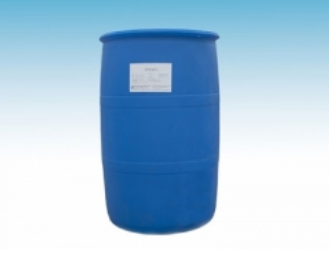Alkyl glycosides can be completely biodegradable, non-toxic and harmless to the environment. As a surfactant, they can strengthen the dissolution and hydrolysis of organic waste, accelerate the process of anaerobic decomposition of waste, and can be applied in the industrial process of anaerobic decomposition and treatment of waste. Some suggestions on the future development of alkyl glycosides in this field are put forward, hoping to open up a new scientific and economic way for environmental protection in China.

Most of food waste is composed of non combustible organic matter with high humidity. Therefore, food waste is not suitable for incineration, high temperature decomposition and other methods, especially ad method.
Zhao et al. Used APG to treat food waste in anaerobic process. When the content of APG is 0.2g/g TS (TS is total solid), 37.2g/l SCFAs is produced, which is 3.1 times higher than that of the system without. At the same time, the accumulation time of SCFAs was shortened from 14 days to 6 days, which greatly shortened the production time. Zhao believes that APG significantly increases the activity of main enzymes forming acid, promotes dissolution and hydrolysis, improves the yield of SCFAs and reduces the production time. Zhao's conclusion further confirms Luo's conclusion that APG can improve the dissolution, hydrolysis and acidification efficiency, enhance the enzyme activity and reduce the time of AD process.
Alkyl polyglycosides (APG) is a new type of non-ionic biosurfactant. Its raw materials come from renewable plants, such as corn, coconut oil, palm kernel oil and so on. APG does not contain K + and Na + plasma and can be completely degraded into H2O and CO2 within 7 days. As an environment-friendly surfactant, APG can promote the dissolution and hydrolysis of organic matter in waste, so as to reduce the time of AD process.
Most of the substances in the waste are organic substances such as protein and carbohydrate. Accelerating the dissolution of these organic substances can quickly improve the pretreatment of AD and reduce the reaction time of the whole process. Therefore, surfactants can significantly improve the dissolution and hydrolysis of organic waste due to their excellent and special properties, and can be applied to the process of ad to improve the treatment efficiency. Some traditional surfactants have been evaluated, but these chemically synthesized surfactants not only pose a potential threat to the environment, but also contain K +, Na +, Ca2 +, Mg2 + and other ions that restrict the ad process. Therefore, it is very important to find more environmentally friendly new surfactants.